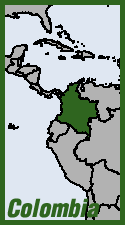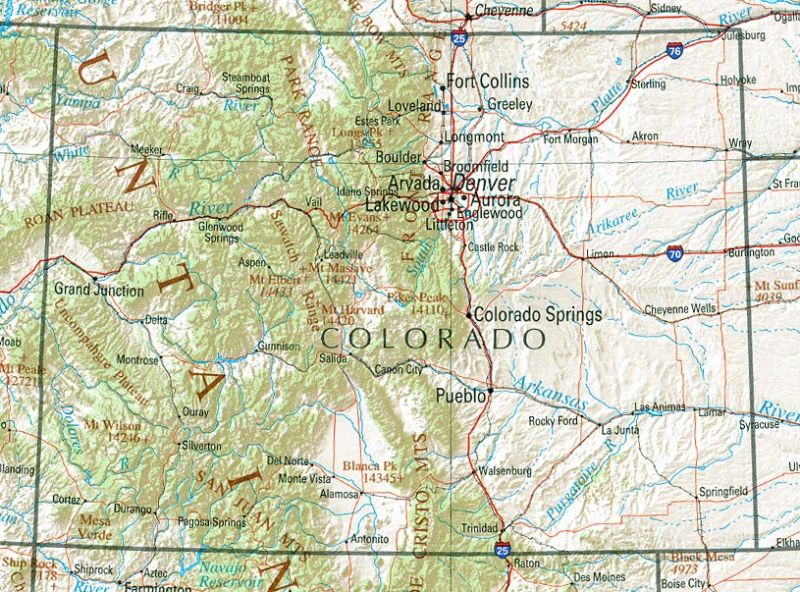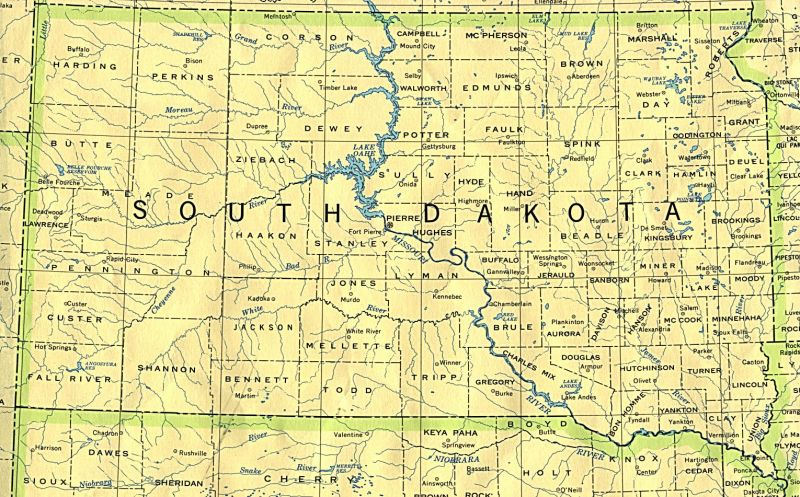 2014 witnessed considerable fraying of the international Drug War consensus—but the horrific violence that finally sparked this long-overdue reckoning continued to take its grim toll. On the upside, Uruguay regsitered its first cannabis clubs, and Jamaica is now studying a decrim initiative. In a very hopeful sign, regional bodies in the Caribbean and West Africa are following suit with studies of potential decrim or legalization. And signs of the failure of the prohibitionist model kept mounting. For a second consecutive year, opium cultivation in Afghanistan broke all previous records—despite some $7 billion spent by the US to combat Afghan opium over the past decade. Hashish busts at sea—especially the Persian Gulf and Mediterranean—also soared. Saudi Arabia went on a beheading spree, targeting drug convicts (as well as those found guilty of adultery, "sorcery" and other such wackery). ISIS (whose beheadings somehow sparked far greater media outrage) started eradicating the cannabis fileds of northern Syria, after the Syrian civil war had sparked a regional hashish boom, with a profusion of militias needing narco-profits to fund their insurgencies. The same cycle that Afghanistan saw with both hashish and opium when the Taliban was in power before 9-11.
2014 witnessed considerable fraying of the international Drug War consensus—but the horrific violence that finally sparked this long-overdue reckoning continued to take its grim toll. On the upside, Uruguay regsitered its first cannabis clubs, and Jamaica is now studying a decrim initiative. In a very hopeful sign, regional bodies in the Caribbean and West Africa are following suit with studies of potential decrim or legalization. And signs of the failure of the prohibitionist model kept mounting. For a second consecutive year, opium cultivation in Afghanistan broke all previous records—despite some $7 billion spent by the US to combat Afghan opium over the past decade. Hashish busts at sea—especially the Persian Gulf and Mediterranean—also soared. Saudi Arabia went on a beheading spree, targeting drug convicts (as well as those found guilty of adultery, "sorcery" and other such wackery). ISIS (whose beheadings somehow sparked far greater media outrage) started eradicating the cannabis fileds of northern Syria, after the Syrian civil war had sparked a regional hashish boom, with a profusion of militias needing narco-profits to fund their insurgencies. The same cycle that Afghanistan saw with both hashish and opium when the Taliban was in power before 9-11.

 Amid peace talks in Havana, Colombia's FARC guerillas issued an angry communique Dec. 14, insisting "We are a rebel group, not narco-traffickers." This was in response to President Juan Manuel Santos'
Amid peace talks in Havana, Colombia's FARC guerillas issued an angry communique Dec. 14, insisting "We are a rebel group, not narco-traffickers." This was in response to President Juan Manuel Santos'  In the most serious challenge yet to Colorado's cannabis legalization policy, the states of Nebraska and Oklahoma took the unusual move of filing a case against it directly with the US
In the most serious challenge yet to Colorado's cannabis legalization policy, the states of Nebraska and Oklahoma took the unusual move of filing a case against it directly with the US  The
The  In an historic move to respect Native American sovereignty earlier this month, the US Department of Justice (
In an historic move to respect Native American sovereignty earlier this month, the US Department of Justice (
 The House and Senate appropriations leadership has hammered out a budget bill that includes an historic amendment to curb federal Department of Justice (DoJ) enforcement in medical marijuana states. The measure, which was originally passed by the House in May with a 219-189 vote, aims to prohibit the DoJ from spending taxpayer money to undermine state medical marijuana laws. "This is great news for medical marijuana patients all across the country," said Rep.
The House and Senate appropriations leadership has hammered out a budget bill that includes an historic amendment to curb federal Department of Justice (DoJ) enforcement in medical marijuana states. The measure, which was originally passed by the House in May with a 219-189 vote, aims to prohibit the DoJ from spending taxpayer money to undermine state medical marijuana laws. "This is great news for medical marijuana patients all across the country," said Rep.  The sentencing last month in a case related to the Sinaloa Cartel's
The sentencing last month in a case related to the Sinaloa Cartel's 






Recent comments
7 hours 38 min ago
4 weeks 3 days ago
5 weeks 3 days ago
5 weeks 4 days ago
6 weeks 6 days ago
12 weeks 10 hours ago
14 weeks 3 days ago
19 weeks 4 days ago
31 weeks 3 days ago
33 weeks 4 days ago